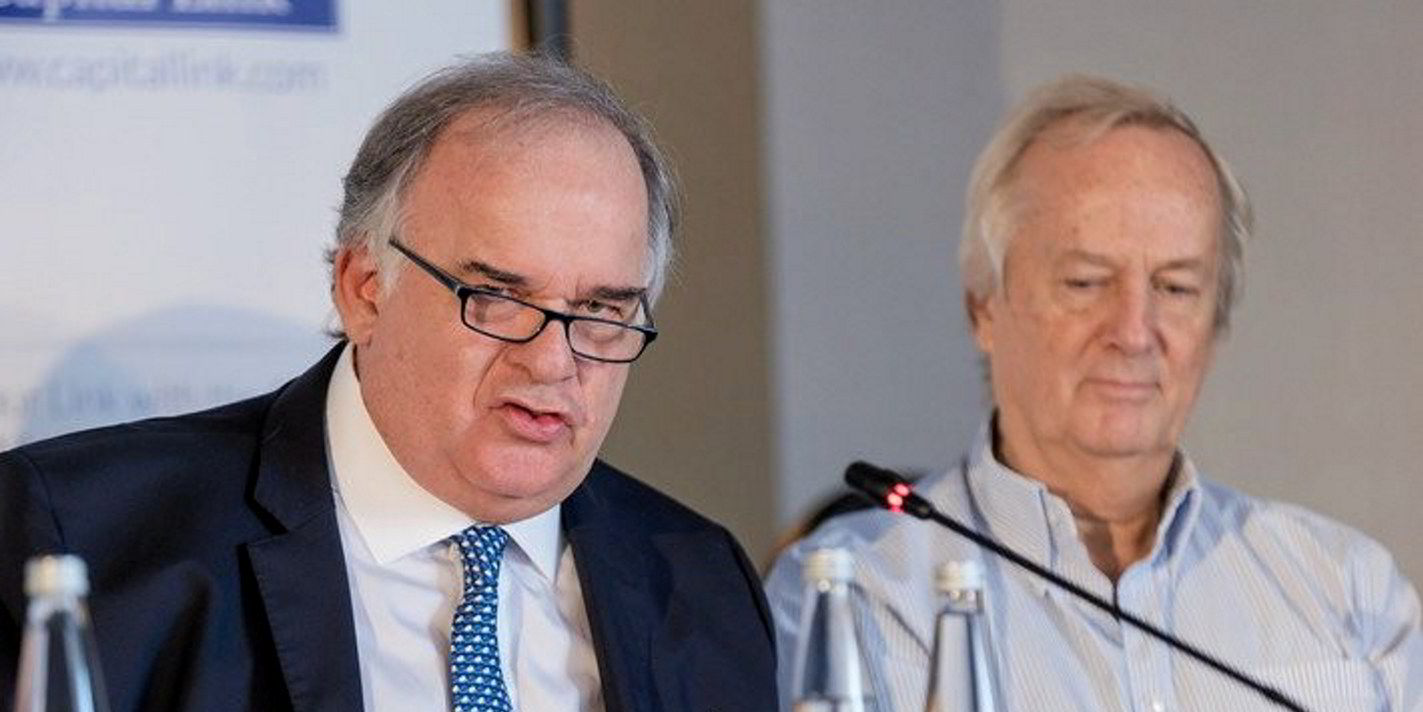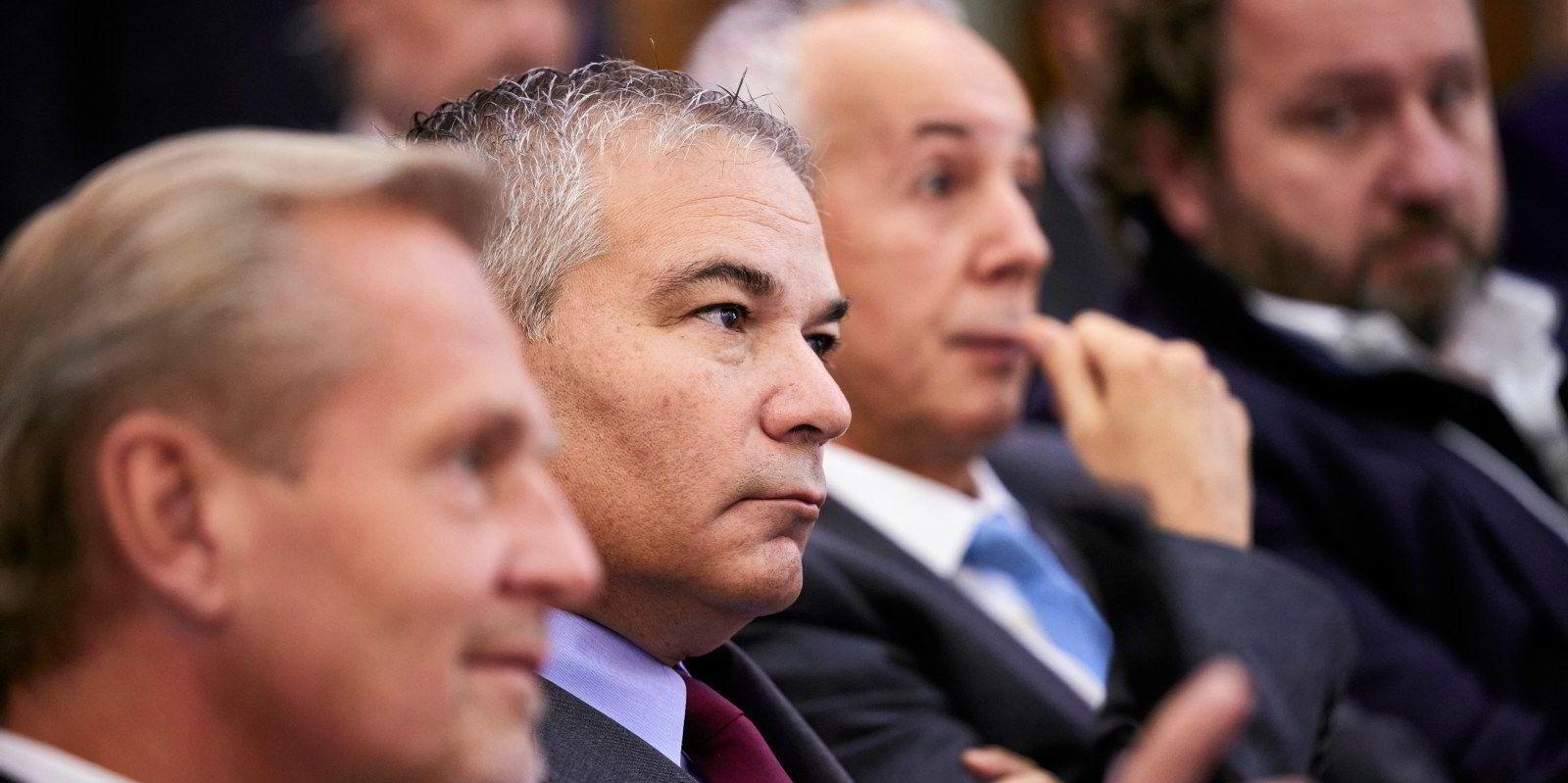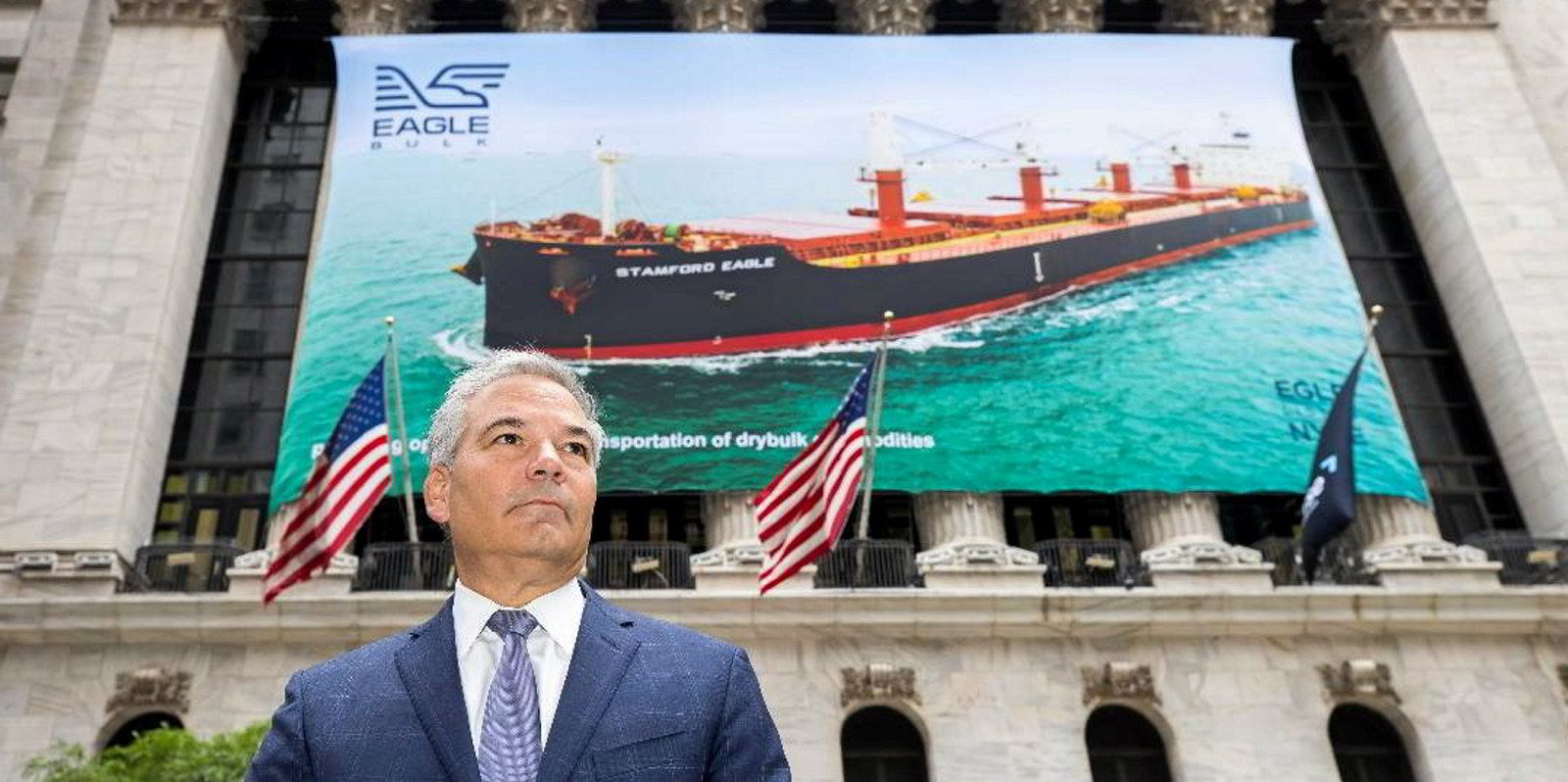Connecticut’s Eagle Bulk Shipping and Greece’s Star Bulk Carriers both came to life as part of a wave of shipping IPOs in 2005 in New York.
Now, 19 years later, it is Eagle that is falling by the wayside and Star that is carrying the dry bulk torch forward in an $836m all-stock takeover.
That assumes, of course, that Eagle Bulk shareholders approve the combination in a vote on Friday. But as the verdict nears, there appears to be little sign of any 11th-hour obstacle to the deal moving forward.
The coming together is set to create a $2.7bn company that is the biggest listed bulker owner.
Clarksons Securities has said the combined operation will be an appealing investment platform with greater scale through 167 ships. Share liquidity will increase, potentially bringing in larger investors.
Star Bulk shareholders are to control 71% of the new operation, which will continue under the Star name and management team.
Eagle Bulk chief executive Gary Vogel, who has turned in a strong shift since taking the helm from original CEO Sophocles Zoullas in 2015, is to leave the Stamford company upon closing of the merger.
Top lieutenant Costa Tsoutsoplides, who has been chief financial officer, will stay on under a six-month contract to assist in the transition.
He is one of the longest-tenured Eagle employees, having joined in 2010 when it was still led by Zoullas and headquartered in New York.
There has been no sign of a rival bidder emerging to challenge Petros Pappas-led Star, which has been a master of the consolidation game in the dry bulk market.
While it is intriguing that two shipowners — Danaos of Greece and Castor Maritime of Cyprus — control about one-third of Eagle shares, that does not seem to present a significant hurdle to the transaction moving ahead.
And as TradeWinds has reported, the terms of the deal have only become more favourable to Eagle holders since the takeover was announced in December.
The combination has become even better because while the exchange ratio of the all-stock deal has remained fixed, Star’s fleet has increased in value more than Eagle’s since the agreement was announced, Clarksons said.
“The fleet of Star Bulk predominantly comprises larger dry bulk carriers [capesize and panamax vessels]. Since the announcement of the merger, the value of these larger vessels has increased at a faster rate than that of the smaller vessels owned by Eagle Bulk,” lead analyst Frode Morkedal told clients.
“This should mean that the attractiveness of the deal has increased in the eyes of Eagle shareholders.”
Star’s fleet of 115 vessels comprises 17 newcastlemaxes, 17 capesizes, two “mini-capesizes,” seven post-panamaxes, 44 kamsarmaxes, two panamaxes, 18 ultramaxes and eight supramaxes.

Eagle’s fleet is entirely within the midsize sector, as it brings 52 ultramaxes and supramaxes to the transaction.
Terms of the takeover were worked out based on the net asset value of both companies. The parties established that the owner of one Eagle share would receive 2.62 Star shares in return.
But because of Star’s relative gain in fleet value, the current NAV ratio would be about 7% lower, implying each Eagle holder should receive 2.44 shares. Nonetheless, the ratio remains fixed at 2.62.
The new implied price Star is paying for each Eagle share is $76 — only $1 short of Clarksons’ estimation of Eagle’s NAV. With just over 11m Eagle shares outstanding, the implied price Star is paying for the company is $836m.







